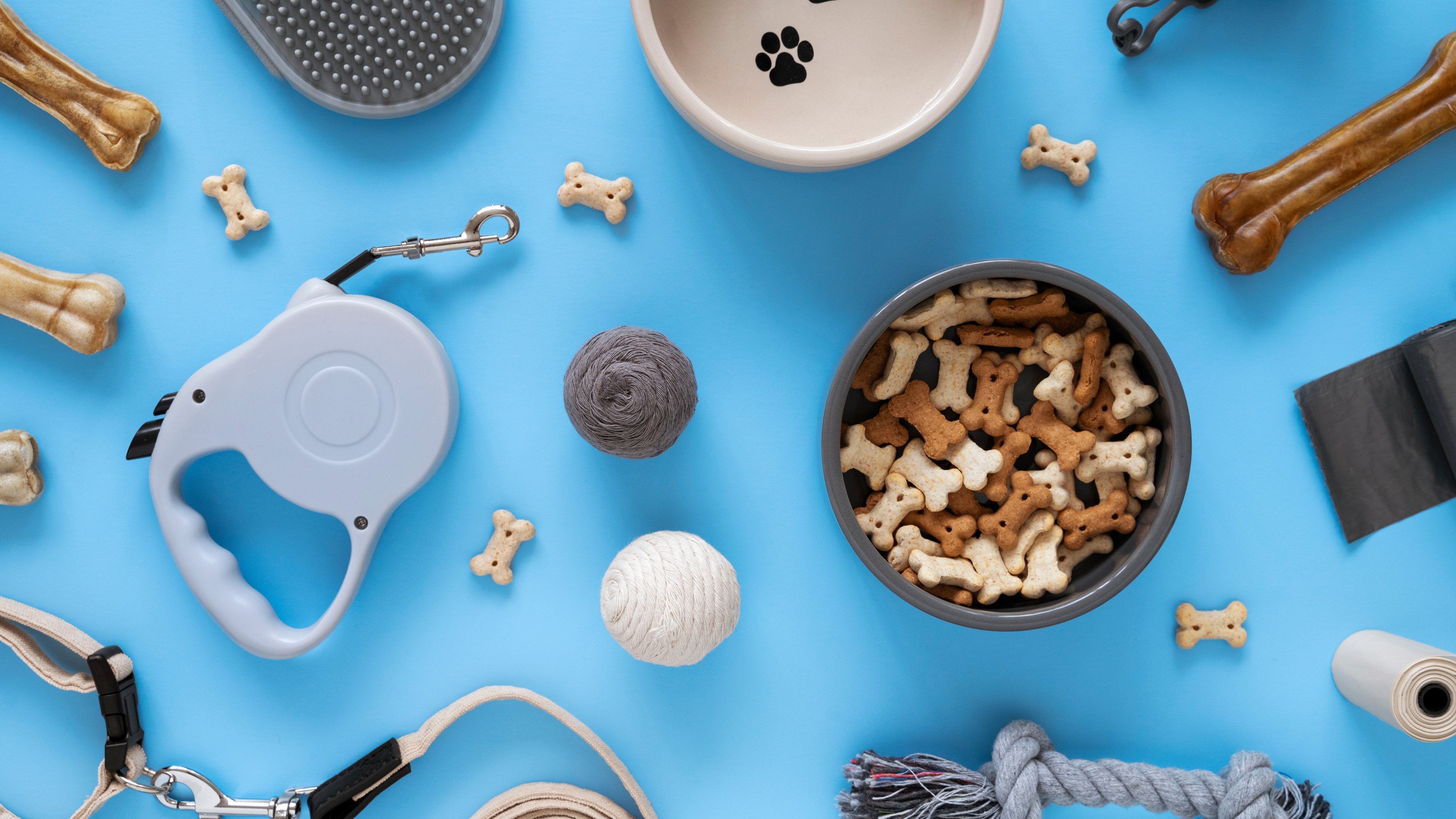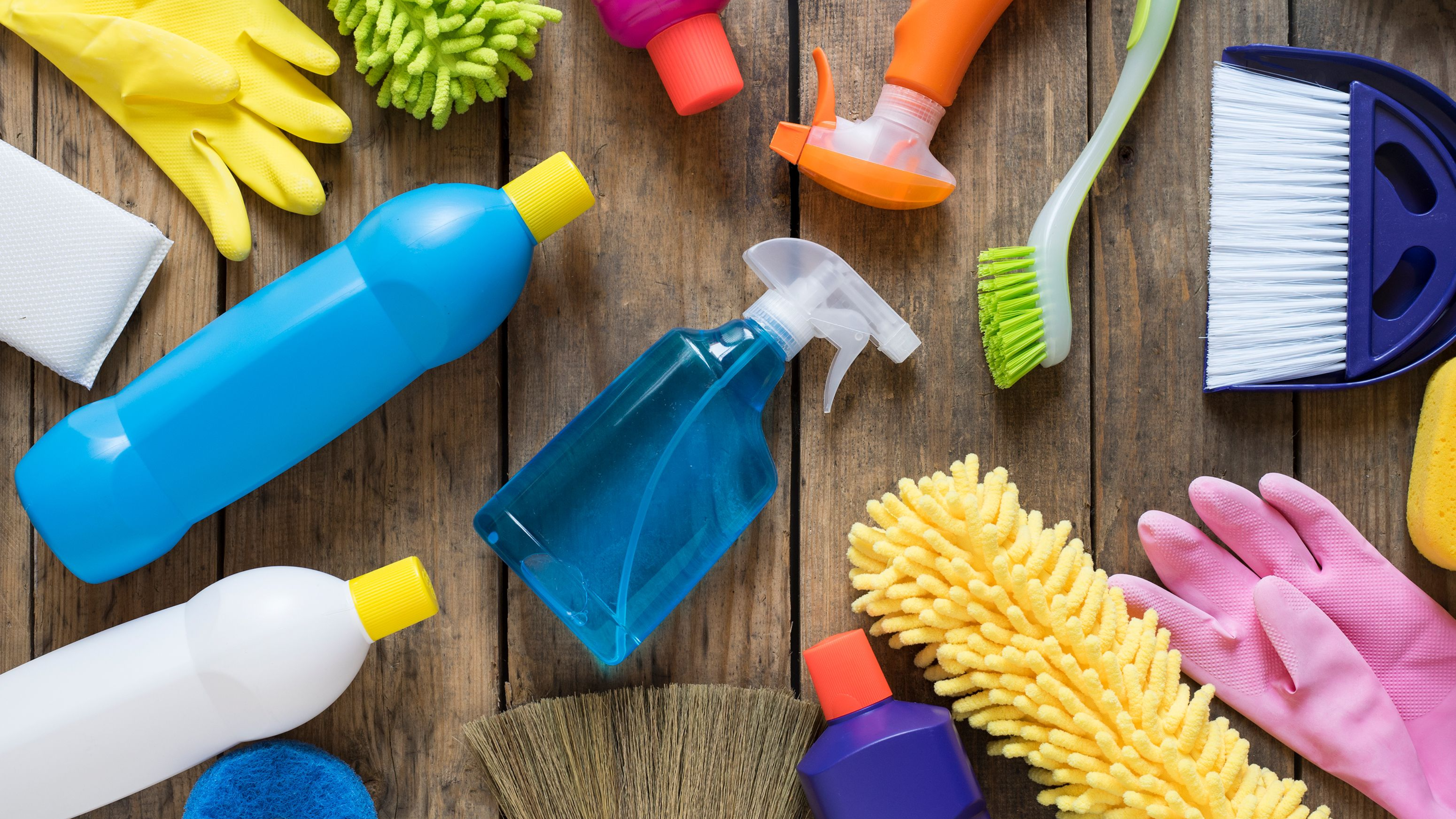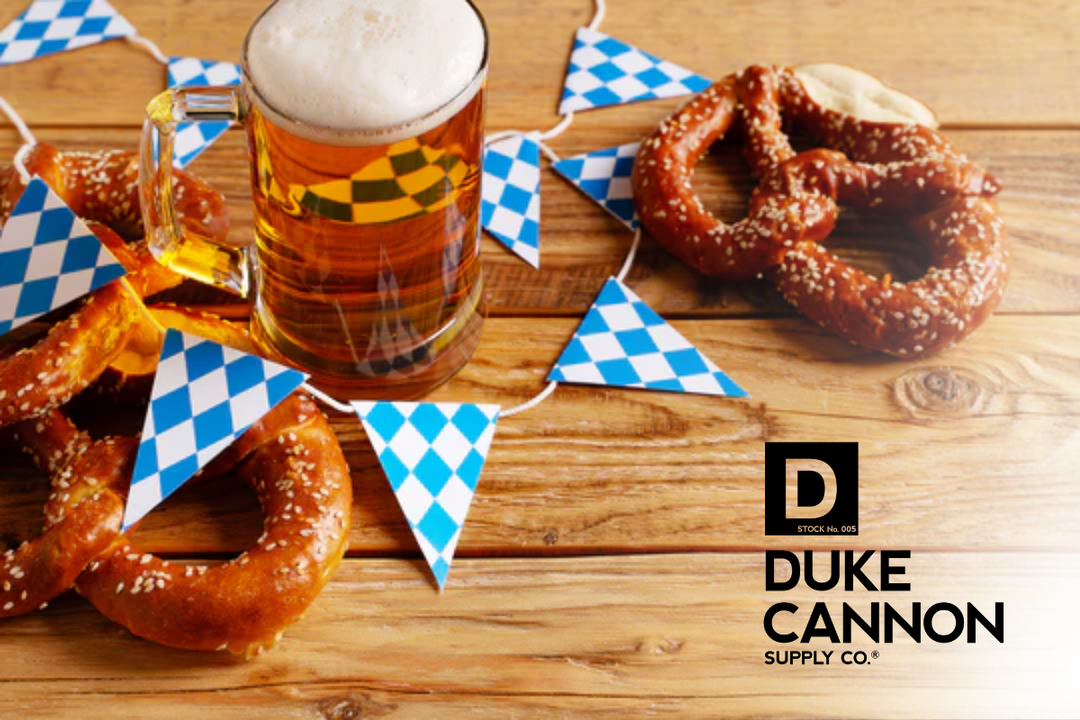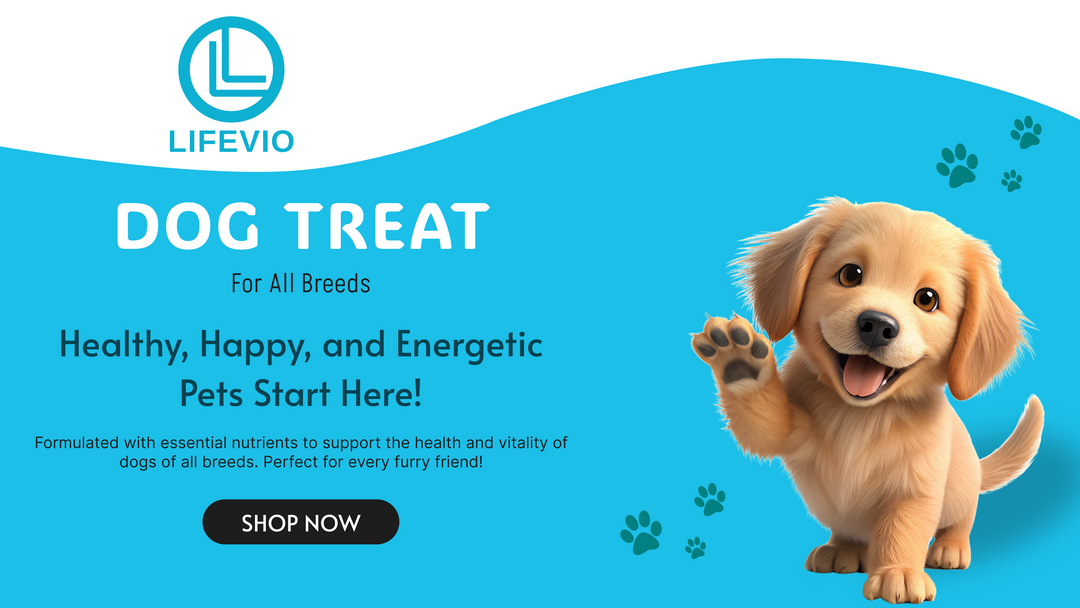Why Does My Dog Chew His Paws? Causes, Prevention, and Treatment
As a dog owner, you may have noticed your furry friend excessively chewing or licking their paws. While occasional paw licking is normal grooming behavior, persistent paw chewing can indicate an underlying issue that requires attention. In this comprehensive guide, we'll explore the various reasons why dogs chew their paws, how to prevent this behavior, and when to seek veterinary care.
Understanding Normal Paw Licking Behavior
Before delving into the causes of excessive paw chewing, it's essential to understand that some paw licking is normal. Dogs may lick their paws for grooming purposes, as it helps them remove dirt, debris, and moisture from between their toes and paw pads. However, if you notice your dog spending an inordinate amount of time chewing or licking their paws, it's time to investigate further.
Common Causes of Paw Chewing in Dogs
-
Allergies
Allergies are a prevalent reason why dogs chew their paws. Dogs can develop allergies to various substances, including:
- Environmental allergens (pollen, mold, dust mites)
- Food ingredients (beef, chicken, dairy, grains)
- Flea bites
- Contact allergens (carpet fibers, cleaning products)
Allergic reactions can cause itching and inflammation in the paws, leading to excessive licking and chewing. Other signs of allergies include redness, swelling, and discharge from the affected areas.
-
Infections
Bacterial or yeast infections can develop in the paws, causing discomfort and itchiness. These infections often occur in the spaces between the toes or on the paw pads. Moisture trapped in these areas creates an ideal environment for bacterial and fungal growth. Signs of infection include:
- Redness and inflammation
- Swelling
- Discharge or odor
- Excessive licking and chewing
-
Pain or Injury
Dogs may chew their paws in response to pain or injury. This can be due to:
- Cuts, scrapes, or puncture wounds
- Foreign objects lodged in the paw
- Broken nails or torn dewclaws
- Joint pain (arthritis, hip dysplasia)
If your dog suddenly starts chewing a specific paw, carefully examine the area for any visible injuries or foreign objects. If you suspect joint pain, consult your veterinarian for a proper diagnosis and treatment plan.
-
Parasites
External parasites like fleas, ticks, and mites can cause itching and irritation in dogs, leading to excessive paw licking and chewing. Regularly inspect your dog's coat and skin for any signs of parasites, and use appropriate preventive measures as recommended by your veterinarian.
-
Anxiety or Stress
Some dogs may engage in compulsive paw licking as a coping mechanism for anxiety or stress. Stressful situations such as changes in routine, loud noises, or separation anxiety can trigger this behavior. Other signs of anxiety in dogs include:
- Panting
- Pacing
- Trembling
- Hiding
- Destructive behavior
If you suspect your dog's paw chewing is related to anxiety, consult with a veterinarian or a professional dog behaviorist for guidance on managing and reducing stress.
Preventing Paw Chewing in Dogs
Preventing excessive paw chewing involves addressing the underlying cause and implementing preventive measures. Here are some steps you can take:
| Preventive Measure | Description |
| Regular Grooming | Keep your dog's paws clean and dry, and trim hair between the toes to prevent moisture accumulation |
| Allergy Management | Identify and avoid allergens when possible. Use hypoallergenic bedding and air purifiers to reduce environmental allergens |
| Paw Protection | Use dog boots or paw wax to protect your dog's paws from irritants and extreme temperatures |
| Parasite Control | Use regular flea, tick, and mite prevention as recommended by your veterinarian |
| Mental Stimulation | Provide your dog with plenty of exercise, playtime, and interactive toys to reduce stress and boredom |
When to Seek Veterinary Care
If your dog's paw chewing persists despite preventive measures, or if you notice any of the following signs, it's time to consult with your veterinarian:
- Excessive licking or chewing that interferes with daily activities
- Redness, swelling, or discharge from the paws
- Limping or reluctance to bear weight on a paw
- Open wounds or skin lesions
- Behavioral changes or signs of distress
Your veterinarian will perform a thorough examination to determine the underlying cause of the paw chewing and recommend appropriate treatment options. Treatment may include:
- Medications (antibiotics, antifungals, antihistamines, pain relievers)
- Topical treatments (medicated shampoos, ointments, sprays)
- Dietary changes (hypoallergenic or novel protein diets)
- Behavioral modification and stress reduction techniques
Conclusion
Paw chewing in dogs can be a sign of various underlying issues, ranging from allergies and infections to pain and anxiety. As a responsible pet owner, it's crucial to observe your dog's behavior and seek veterinary care when necessary. By identifying the root cause of the paw chewing and implementing preventive measures, you can help your furry friend find relief and maintain healthy, comfortable paws.










Leave a comment